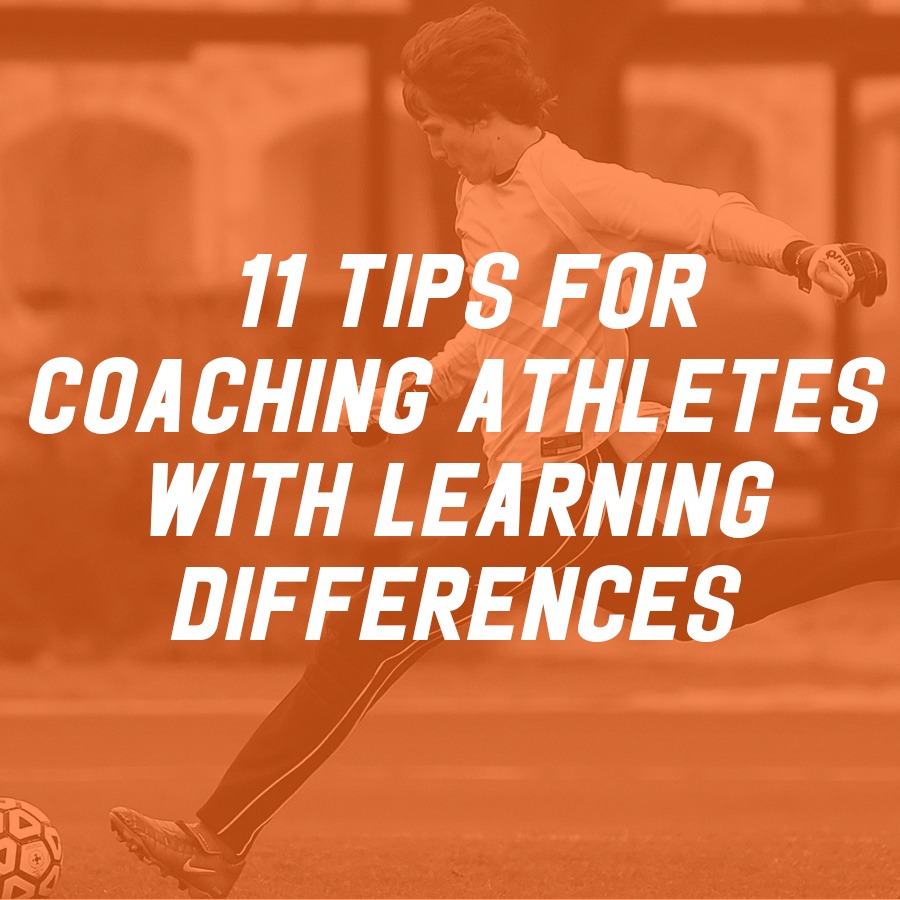11 Tips for Coaching Athletes with ADHD
Get to know them really well. Find out from the athletes or their parents (depending on age) what has worked, what definitely doesn’t, how to recognize the early signs of frustration and how to get them back on track. (Learn more about how to communicate with your Own Beat Athletes on our Teamwork page.)
Meet them where they are. Let go of standard expectations for where you think they should be based on age, size or talent. Help them set attainable goals, broken down step by step. Don’t be afraid to help them shoot for the stars.
Emphasize the positive. Notice and point out the positives every day, even if you really have to search. This is money in the relationship bank and builds confidence and trust. Teach them to think positively about themselves too.
Get them moving before. Have all of your kids run, swim or jump before you talk or give directions (so no one is singled out).
Get them moving after. When these kids get derailed, wait to address what happened. Get them moving instead (in a positive, not punitive way). They won’t hear you anyway until they’ve calmed down.
Let them fidget. ADHD athletes get bored and restless really fast. Find a way for them to fidget appropriately while you’re talking or while they’re waiting a turn (sitting on a ball, standing up in the back, fiddling with goggle straps). Keep idle time to a minimum.
Keep your speeches very short. Lecturing doesn’t work. Even with short talks, ask them to repeat back what they heard. Post or hand out visual reminders of what they need to remember.
Set up familiar routines and strategies, and stick to them. Talk to all of your kids about tools for saying organized and in control — e.g. calendars, lists, mindful breathing, arriving at practice early to warm up and help. A special daily job (setting out the cones, bringing over the kickboards) can also keep kids engaged and feeling useful.
Don’t threaten or punish. It won’t work. These athletes live in the moment. This can make it harder to learn from past experience or look to the future. But they will, eventually, learn from natural consequences — “I didn’t learn the plays, so I didn’t get to start.”
Address any issues in private. Never call them out in front of the group.
Tone down the volume, and be mindful of facial expressions. Their sensitive brains can hear softly spoken constructive criticism as angry screaming and see a frustrated glance as a furious glare. And like all kids, they will model your emotional energy — calm or otherwise.
Also see the tips for coaching kids with learning differences. The two groups can exhibit similar traits, and ADHD and learning disabilities often travel together.


